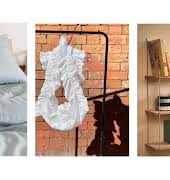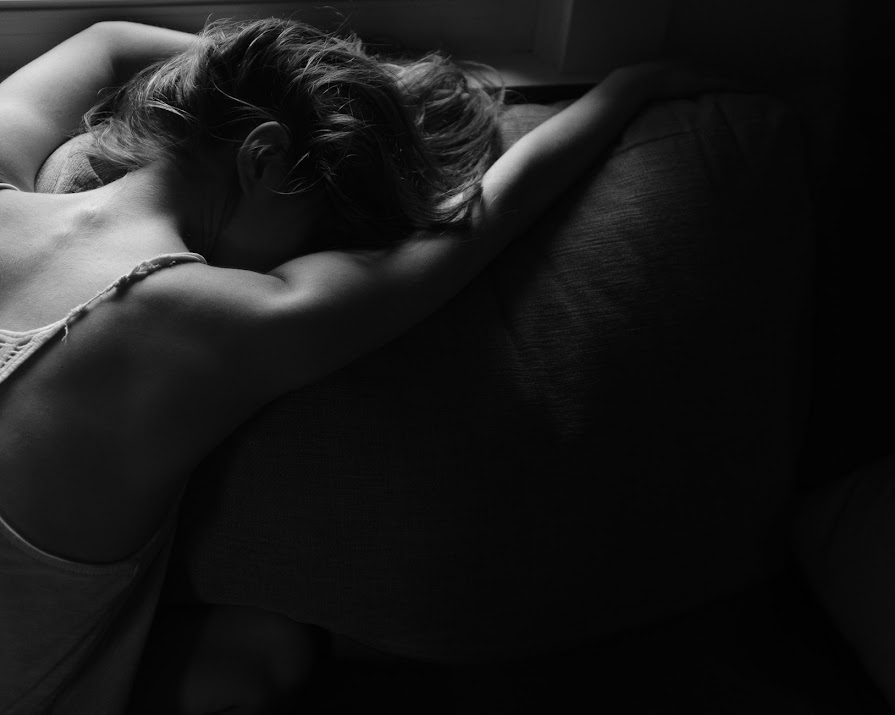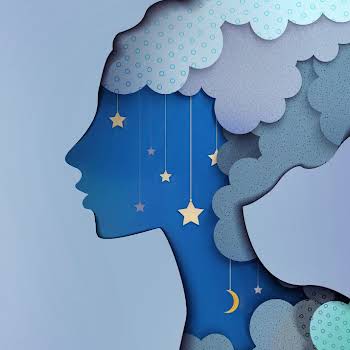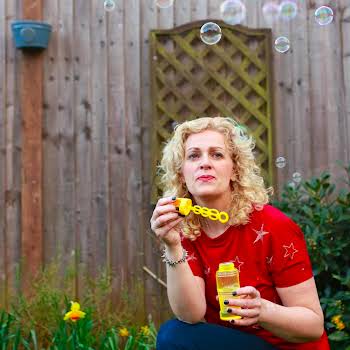
Definition of domestic abuse to change under new legislation in Ireland and UK
By Jennifer McShane
21st Jan 2019
21st Jan 2019
Earlier in January, it was announced that an offence of psychological or emotional abuse is to be introduced as part of new “groundbreaking” domestic violence measures by Minister for Justice Charlie Flanagan.
The Domestic Violence Act will improve the protections available to victims of domestic violence under both the civil and criminal law.
Among other changes, new offence of coercive control – a pattern of intimidation or humiliation involving psychological or emotional abuse – will come into force.
This abuse in an intimate relationship can cause fear of violence or serious alarm or distress that has a substantial adverse impact on a person’s day-to-day life.
Safety orders will also be available to those who are in intimate relationships but who are not cohabiting and the requirement for a relationship to be “committed” to enable a person to apply for a domestic violence order has been removed.
Courts will also now be required to provide victims with information on domestic violence services, and victims will be allowed to bring a supportive friend or family member to legal proceedings. Additionally, any sexual offence or violent act within an intimate relationship will be considered an aggravating factor at sentencing procedures.
“As harmful as physical abuse”
The Justice and Equality Minister said emotional abuse can be “as harmful to victims as physical abuse.”
“For too long, domestic violence has been seen primarily as physical abuse…” Minister for Justice and Equality, Charlie Flanagan, said in a statement when changes to the law were announced. “This new provision sends a message that society will no longer tolerate the appalling breach of trust committed by one partner against the other in an intimate context.”
And just today, similar legislation was announced in the UK.
New UK government legislation means that those who abuse their partners by controlling their access to money and through non-physical coercive behaviour, risk prosecution. Economic abuse includes preventing a partner from working or denying a partner access to his/her own bank account. The move is part of a plan to widen the statutory definition of domestic abuse in the UK.
Anxiety and depression
According to a recent study in England, women who experience domestic violence and abuse are under huge psychological stress. They are three times more likely to suffer from depression and four times more likely to suffer from anxiety than women in the general population.
If you have been affected by domestic abuse and would like to talk, contact the below numbers or visit SafeIreland.ie.
- Women’s Aid: 1800 341 900
- Amen (for men): 046 902 3718























